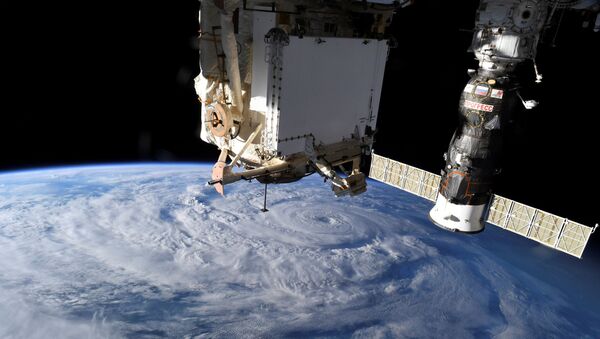"Over these two decades, about 250 people from 19 countries have been to the ISS. Many experiments and studies in biology, medicine, physics and chemistry have been conducted there. It is also important that for many years Russian cosmonauts and US astronauts have been closely cooperating shoulder to shoulder in an open and fruitful manner at the station in the interests of not only their states, but also all of humankind. They help each other in space on a daily basis, despite all the difficulties on Earth," Antonov said, in a Monday statement, marking 20 years of continuous ISS crewed operations.
The ambassador recalled the pioneers of long-duration expeditions, Russian cosmonauts Yuri Gidzenko and Sergei Krikalev, as well as NASA astronaut William Shepherd, and wished the current, Expedition 64 crew consisting of Russian cosmonauts Sergey Kud-Sverchkov and Sergey Ryzhikov, as well as NASA astronaut Kate Rubins, a safe return to Earth.
"We hope that the partnership between our countries in the exploration and use of outer space for peaceful purposes will continue to remain beyond politics, help solve many global challenges as well as open new prospects in economy, science and the social sphere," Antonov said.
The head of Russian space agency Roscosmos, Dmitry Rogozin, said on Monday that the ISS will allow international space cooperation to be preserved despite "all the complexity of the current situation in world politics." Rogozin said that the space station has a "serious future."
According to Roscosmos, Russia plans to send two new modules to the ISS next year.


